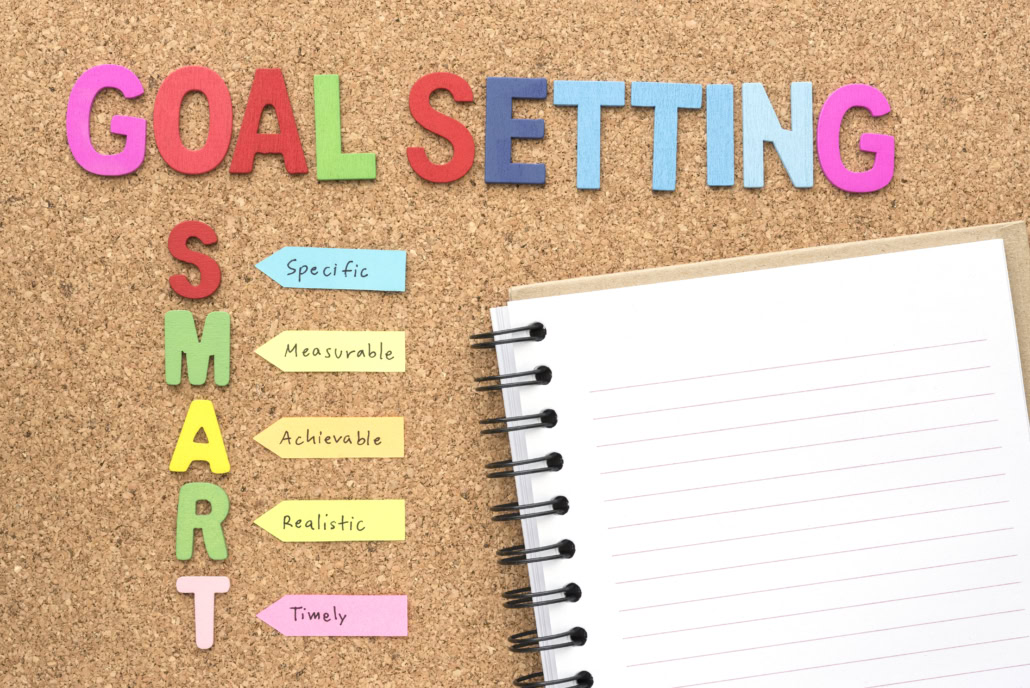Setting and Prioritizing Goals: Effective Strategies for Success

As researchers, we often juggle multiple projects, deadlines, and expectations. Setting and prioritizing goals can make the difference between productive days and overwhelming ones. By implementing effective goal setting strategies, researchers can streamline their work, achieve more, and reduce stress. In this blog post, we will explore techniques for setting goals that cater to the unique needs of researchers, ensuring both professional and personal success.
Understanding the Importance of Goal Setting
Effective goal setting is the foundation of any successful research career. It helps in creating a clear roadmap, allocating time and resources efficiently, and maintaining focus on what truly matters. Without well-defined goals, it is easy to become sidetracked by less important tasks, leading to frustration and burnout.
Goal Setting Strategies for Researchers
- SMART Goals: One of the most widely recognized goal setting strategies is the SMART framework. Goals should be Specific, Measurable, Achievable, Relevant, and Time-bound. This approach ensures that your goals are clear and attainable, providing a structured path to follow.
- Goal Prioritization Techniques: Once goals are set, prioritizing goals is crucial. Techniques like the Eisenhower Matrix, which categorizes tasks based on urgency and importance, can help researchers focus on high-priority tasks without neglecting less urgent but still important ones.
- Time Management for Goals: Efficient time management is essential for achieving goals. Break down larger projects into smaller, manageable tasks, and allocate specific time slots for each. Tools like Gantt charts or project management software can be invaluable in tracking progress and staying on schedule.
- Personal Development Goals: In addition to professional goals, it’s important to set personal development goals. These can include learning new research techniques, improving writing skills, or attending conferences. Balancing professional and personal development ensures continuous growth and fulfillment.
Achieving Goals: Tips and Strategies
- Goal Planning: Create a detailed plan for each goal, outlining the steps needed to achieve it. Regularly review and adjust your plan as needed to stay on track.
- Success Strategies: Identify and adopt strategies that have worked for others in your field. Networking with fellow researchers can provide valuable insights and motivation.
- Productivity Tips: Maintain a healthy work-life balance, take regular breaks, and avoid multitasking. Focus on one task at a time to ensure high-quality results.
- Strategic Goal Setting: Align your goals with long-term career objectives. Consider how each goal contributes to your overall career path and make adjustments accordingly.
Continuing the Path to Success
Setting and prioritizing goals is essential for researchers aiming for success. By using effective goal setting and goal prioritization techniques, researchers can manage their time better, achieve their objectives, and maintain a healthy work-life balance. Implementing these strategies not only enhances productivity but also ensures that researchers stay motivated and focused on their long-term goals.
Ready to take your research career to the next level? Start setting and prioritizing goals today by joining HigherEd+’s Digital Badge Program. Our module on Effective Goal Setting and Prioritization can help you begin your journey.
You can also check out our blog, The Thursday Thinker, for additional resources on Emotional Wellness and much more! Become a member of our community today!


